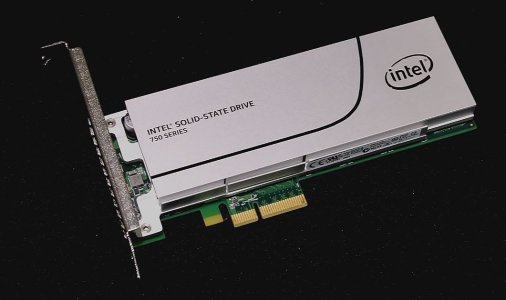shambles1980
New member
I gotta disagree with you there, I've experienced what a RAMDrive can do to gaming and it's pretty darn cool to load levels nigh-on instantly(I imagine it's game dependent)
Edit: Also wraith, you had a stray 1000 in your first post, it should have been a 1024
I didn't know this until recently but the true value got kilobyte, megabyte, gigabyte is infact in decimal
1000KB = 1MB, 1000MB = 1GB etc
The binary version is called kibibyte, mebibyte and gibibyte
This definition changed in 1998, it's just that no-one told us
They did tell us we just did not pay attention.
there was a big argument where hdd mfrs were being criticized for false advertizing capacity, they in turn said they were not lying about the size at all and 1GB was infact 1GB, 1000MB with 1MB being 1000KB, and the issue was always that operating systems used power of 2.
2-4-8-16-32-64-128-256-512-1024 (and so on)
it was quite a thing at the time and made the news. then it seemed to die out but they did tell us about KiB MiB GiB and so on.
Also we still keep the B/b for Byte and bits, with a bit being 1/8th of a BYTE.
although im not so sure that a Kib is still 1/8th of a KiB. "although i am pretty sure it is)
funny thing is all the fuss about the hard disks started because people wanted the hard disk manufacturers to use the same measuring standards that end users would be used too. (power of 2) and a 1TB hard disk should be sold and labeled as 909.5GB which would cause less confusion.
What seems to have happened however is the power of 2 measurement was re defined as a different measurement and hard disk manufacturers were allowed to keep selling 909.5GiB drives as 1TB.
So the confusion remained and extra confusion appeared regarding GiB and GB.
(i still prefer the power of 2 measuring)


